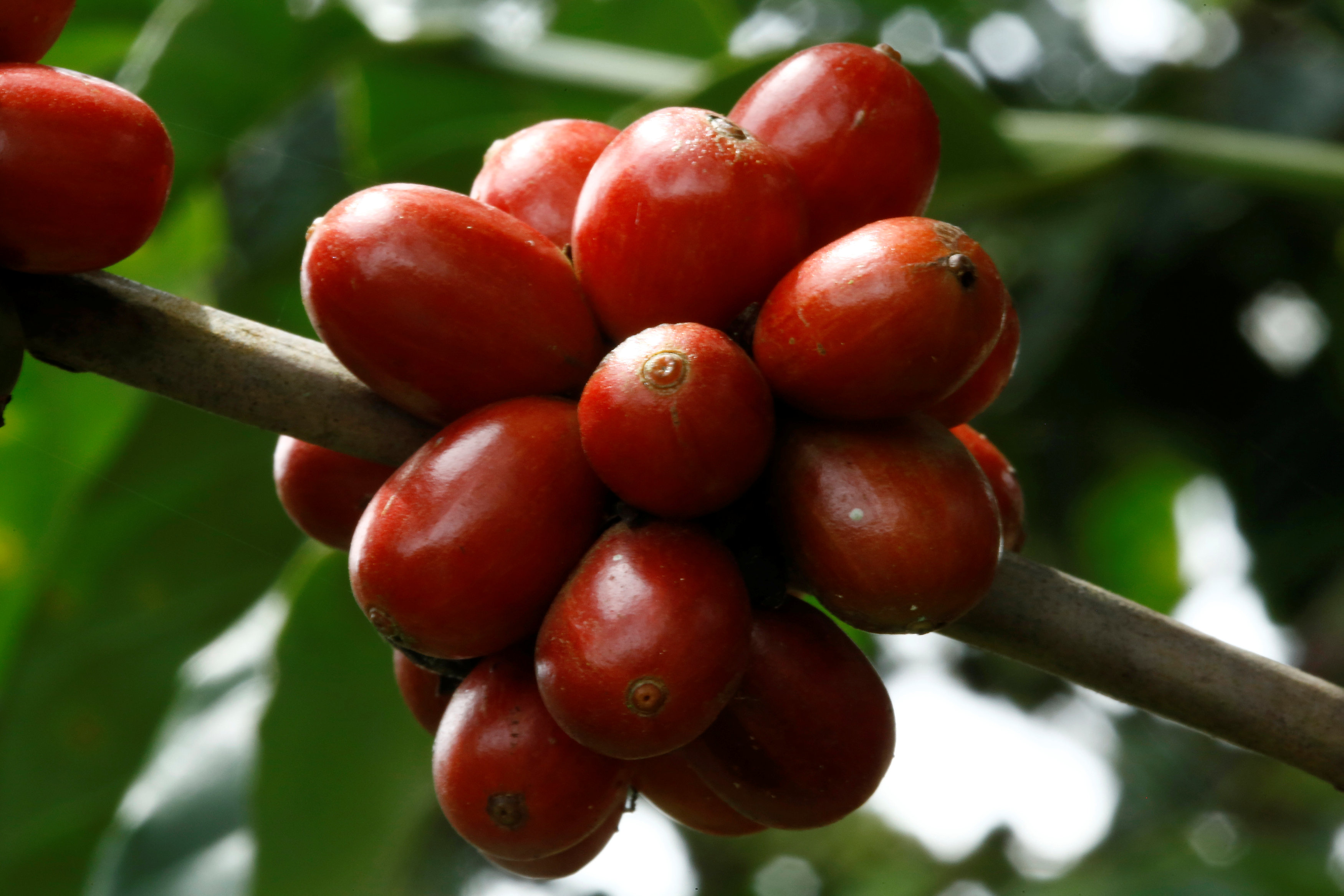Three decades ago, Costa Rica outlawed cultivation of the robusta coffee bean in order to promote production of arabica, the variety prized by high-end roasters around the world.
Now, however, with warmer temperatures and disease threatening arabica production, the world's 14th largest coffee producer is looking back to robusta — just as the more bitter, higher-caffeinated bean is gaining favor around the world.
The National Coffee Congress for Costa Rica, a group of industry and government representatives that sets national coffee policy, is set to gather in an extraordinary session on Saturday to consider whether the 1988 decree against robusta should be dropped. Its decision is binding on the government, said Luis Zamora, the agriculture ministry's national manager for coffee.

















With your current subscription plan you can comment on stories. However, before writing your first comment, please create a display name in the Profile section of your subscriber account page.